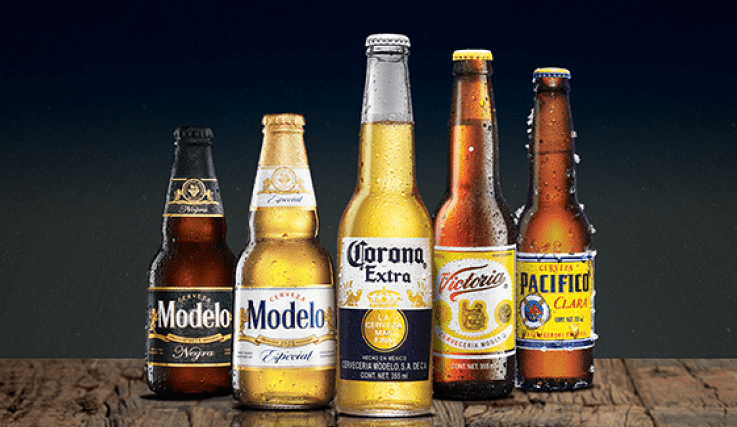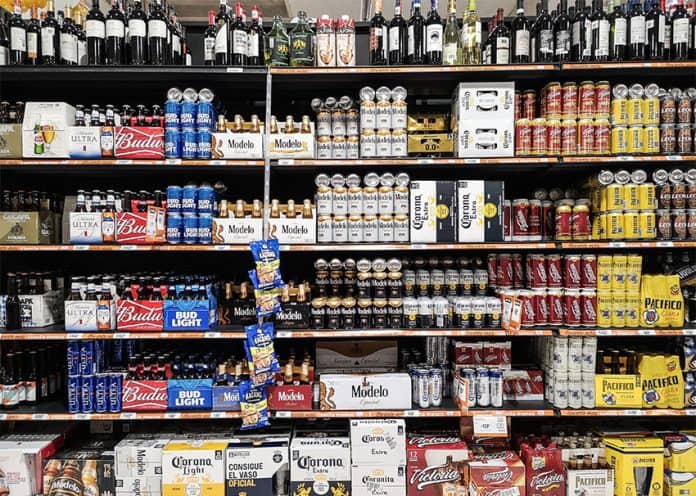With more than 10 beer brands in the market, Grupo Modelo will raise its prices on Monday owing to inflation, the National Small Business Association (ANPEC) has announced.
Among the beers affected are labels like Corona, Modelo, Pacífico, Modelo Especial, Victoria, Negra Modelo, Montejo and León. Information about the new price tags was not available by the time this article was written.
With an average consumption of 55 to 68 liters per year, beer is one of the beverages most consumed by Mexicans. At the same time, it is one of the products inflation has hit the hardest.
According to the national statistics institute, INEGI, beer prices in México rose 11.7% in October — the beverage’s largest variation in prices in more than 12 years. While national inflation reached 8.5%, the INEGI data shows that the price of beer has increased at a faster rate than inflation in the last four months.

Globally, beer has also been affected by inflation. According to the Beer Index (carried out by investment firm eToro), the cost of beer production has increased 62% in the last two years. Prices of goods like water, malt, sugar, yeast and hops have skyrocketed along with prices of aluminum (to produce the beer cans) and gasoline (to transport the product). War in Ukraine and scarcity of glass to produce the bottles have also been major factors.
On that matter, ANPEC chief Cuauhtémoc Rivera anticipated that the rise in prices would continue throughout 2023 if the economy didn’t show signs of recovery. “Without being alarmist, but rather realistic, it is expected that inflation will not stop its course and continue to rise by 2023,” he said.
However, inflation has not diminished beer consumption in Mexico, which ranks No. 30 globally in terms of drink consumption. From January to August, beer production reached 94.5 billion liters, an increase of 4.8% compared to the same period in 2021.
Karla Siqueiros, general director of Cerveceros de México (Brewers of Mexico) announced that although the industry has registered a positive trend, it hasn’t yet recovered from the pandemic effects. The organization acknowledges the possibility of a slowdown next year. However, projected purchases and the state of the beer production chain going into 2023 present a promising outlook.
“The behavior of this industry goes hand in hand with economic and consumer performance. A complex environment could have implications for the sector, but we believe in its benefits with a highly integrated production chain. Even superior to other manufacturers,” director of economic studies of Cerveceros de México, Manuel Cedillo, said.
According to the organization, the beer industry in Mexico impacts more than 168 productive activities in the three different economic sectors. It generates more than 700,000 jobs and supports more than 5,000 malt farmers.
Overall, the beer industry contributes to 1.5% of the national GDP.
Heineken, the second largest brewery in the world, also announced it will increase its prices next year to offset the rising costs of raw materials and energy, particularly in Europe. The company said the rise would respond to the local market conditions.
With reports from El Universal, El Financiero and Infobae
